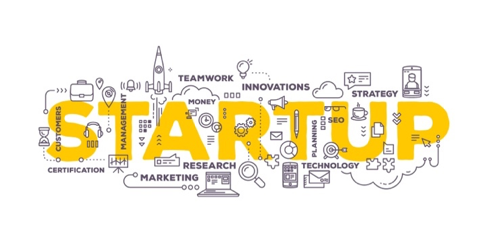Do you have an IP Strategy?
Learning about Intellectual Property (IP) will make utilising it more efficient and help gain substantial net benefit. Protecting IP can give a competitive advantage as it can ensure that (among other things), competitors are legally barred from replicating the innovation. The first step is to identify your IP. There are various types of IP that will differentiate you from your competitors. It is useful to distinguish the various types of IP from one another and recognise the advantages of each one.
- Patents protect utilitarian innovation;
- Design registrations protect the aesthetic aspects of innovations;
- Trademarks protect the brand names, logos, original sounds and scents and identify the source of a good or service;
- Copyright protects the expression of an idea in a medium;
- Trade Secrets protect the know-how and knowledge;
- Contracts are prepared to establish rights to ideas and other intangibles.
Different legal requirements exist to establish, maintain and enforce each type of IP. Some of these legal requirements are codified while others have been established by case law. A company may need to consider more than one type of IP protection depending on the particular creation. Different countries have their own set of legal requirements and all these requirements must be specifically met. This means that, an Australian patent is not enforceable in any other country outside Australia.
Confidentiality
In most countries, a utility patent can only be granted if the invention has not been publicly disclosed prior to the filing of the patent application. This is sometimes referred to as bar date or on-sale bar. The US offers a one-year grace period for the filing of a patent application after public-disclosure or a commercialisation attempt. Most of the other countries do not offer such grace period. Keeping the idea confidential until it is protected is vital. If there is a need to talk with others, about the idea, a confidentiality agreement should be prepared, by an IP professional, to prevent the disclosure of the idea without permission. The idea may then be protected by using the IP system to register it.
Commercialising the IP
There are several ways to commercialise and make money from IP. IP can be sold or licensed, however, professional advice should be sought before entering into contractual agreements with others.
IP Clauses in Employee Contracts
Employees may create original work as part of their job. The copyright of this work usually belongs to the employer. It is good practice to ensure a clause is included in employee contracts regarding IP and confidentiality, this will ensure that the work employees create on the job is owned by the employer and may not be used or sold to other people by the employee.
Contact Allied Legal
IP is a complex topic and is filled with nuances that the most experienced practitioners continually learn about on a daily basis. Lawyers are familiar with IP regulations which enables them to quickly and efficiently ensure the best IP strategy for you. The content of this article is only a guide to Intellectual Property. Allied Legal’s lawyers in Melbourne can help and guide you through the process and advice you on these and other issues. We provide complimentary 30-minute initial consultations to help understand your needs. Please contact us when you are ready to seek specialist advice.






